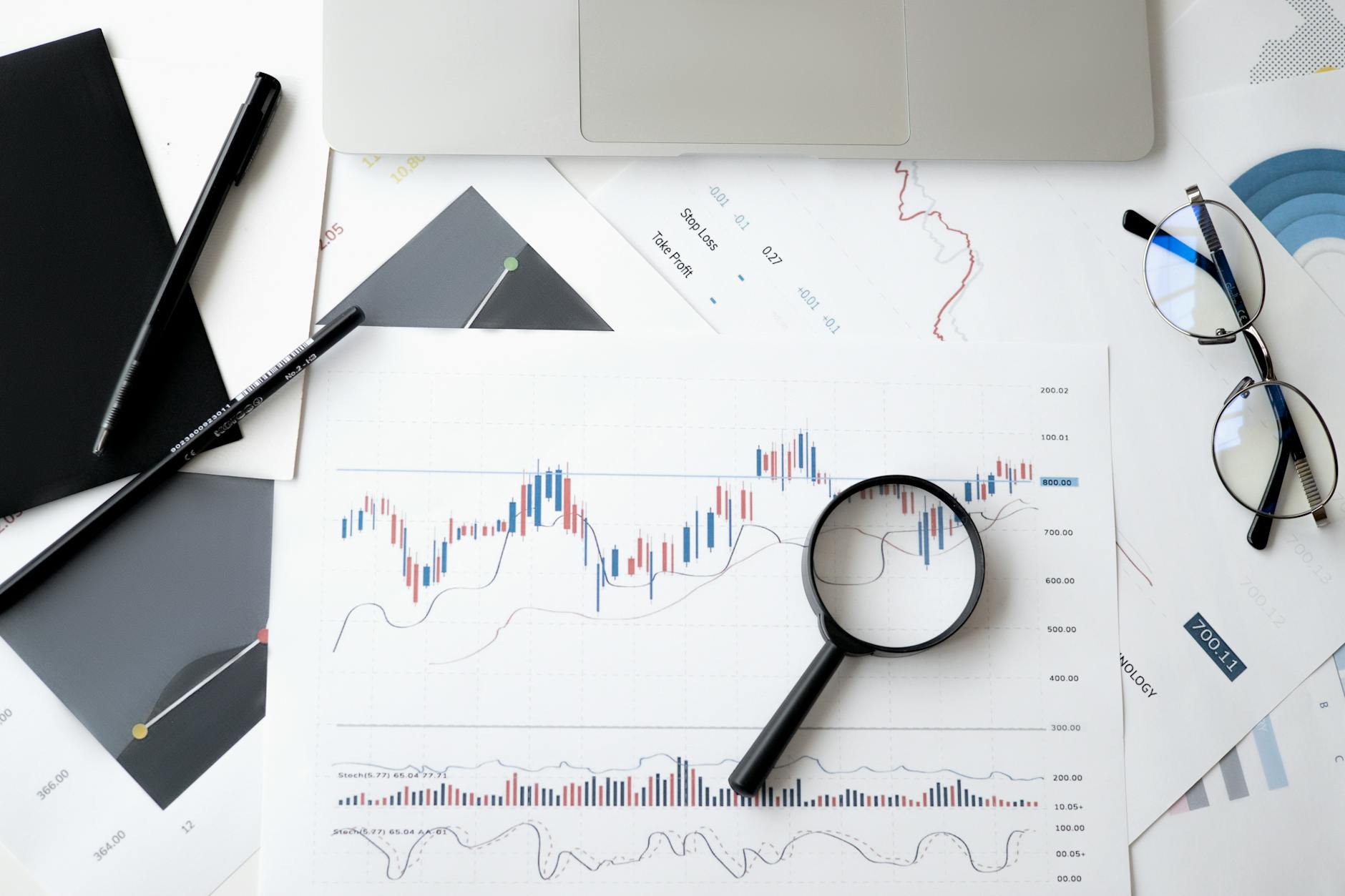1. Automating Accounting Tasks
Automating accounting tasks and processes can also help you to detect and prevent fraud. It doesn’t matter if you have outsourced your accounting process or not. Automating the procedures is one of the best secrets to keeping your network safe.Automating accounting tasks doesn’t just boost fraud detection; it also greatly enhances overall efficiency. Streamlining processes minimizes the chances of errors and guarantees that financial records are precise and current. This not only improves your internal operations but also instills trust with stakeholders and regulatory bodies. Furthermore, seeking guidance from specialists in areas such as sales tax compliance outsourcing from Accounting Prose can be transformative, especially for tasks that require specific expertise. Their mastery in navigating intricate tax regulations can lead to significant time and cost savings, allowing you to concentrate on your core operations. Ultimately, integrating automation and strategic outsourcing strengthens your financial infrastructure, setting the stage for sustained growth.
Manual accounting procedures can be costly and time-consuming. A business that’s looking to grow should think about automating most of its processes, including bill payments. That also helps to reduce the risk of sending stakeholders fake bills. Third parties are notorious for this mistake when tasked to prepare invoices for companies.
Expense reimbursement fraud is another thing businesses need to avoid. According to research, it can take up to 2 years before a business detects this kind of fraud. By the time you detect it, it could have caused irreplaceable damage to your network.
It would help if you found ways to prevent fake expenses from entering your system. The best way to prevent it, of course, is using an application that’s specialized in expense fraud prevention. Besides preventing fraud, automation makes it possible to remember the business expense policies and implement them.
2. Regular Bank Statement Review
 Although it may seem obvious, many business owners do not review their bank statements themselves. You need to open and scrutinize the transactions indicated on your bank statement regularly.
But before getting into details, you need to ensure that the statement is unopened when you receive it. You need to confirm that the statement has an authorized payee and signature. That will help you to prevent corporate fraud that can have a devastating impact.
Scanning the statement before opening it is vital too as it makes it easy to detect any red flags that could signal that someone has tampered with it. It is advisable to do this regularly, either weekly or monthly, depending on your average number of transactions.
Although it may seem obvious, many business owners do not review their bank statements themselves. You need to open and scrutinize the transactions indicated on your bank statement regularly.
But before getting into details, you need to ensure that the statement is unopened when you receive it. You need to confirm that the statement has an authorized payee and signature. That will help you to prevent corporate fraud that can have a devastating impact.
Scanning the statement before opening it is vital too as it makes it easy to detect any red flags that could signal that someone has tampered with it. It is advisable to do this regularly, either weekly or monthly, depending on your average number of transactions.
3. Secure Your Files
Businesses shouldn’t only focus on optimizing their accounting process. Hackers are the worst people a business may have to deal with online. They can crack your systems, steal your most important data, and use it for malicious activities such as scamming people online. You need to invest in various protection tools such as a proxy and also have antivirus software installed. The best thing about having such tools is that they detect data breaches quickly. Besides, proxies make it easy to transfer data by encrypting it to keep fraudsters away. Another way of securing your files and the entire network is setting up strong passwords and backing up your files regularly.4. Protect Credit Card Information
 Credit card fraud is common in today’s online environment. Small businesses fall prey to this technique because many of them fail to separate business and personal bank accounts. This practice often leads to errors and creates security holes should an attack targeting a personal account succeed.
As a business owner, the first thing to do should be to create separate accounts. That will not only secure your business but also make it easier to track expenses and losses. You need to use secure payment systems, share your credit card information only with the right people, and regularly check your systems to ensure they’re unexposed.
Credit card fraud is common in today’s online environment. Small businesses fall prey to this technique because many of them fail to separate business and personal bank accounts. This practice often leads to errors and creates security holes should an attack targeting a personal account succeed.
As a business owner, the first thing to do should be to create separate accounts. That will not only secure your business but also make it easier to track expenses and losses. You need to use secure payment systems, share your credit card information only with the right people, and regularly check your systems to ensure they’re unexposed.







